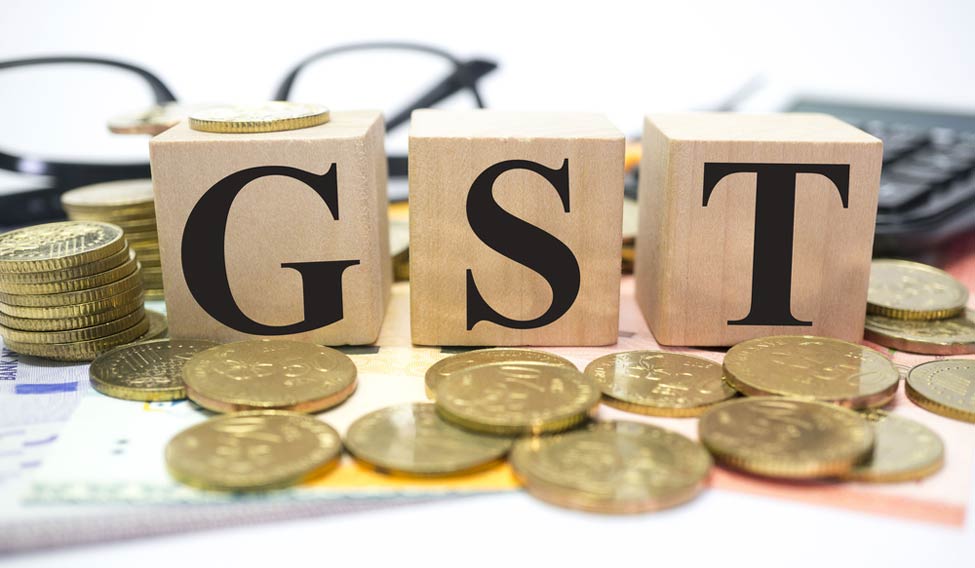The Goods and Services Tax (GST) Council, at the end of day one of its meeting here on Tuesday, decided on the issue of compensation for states, Finance Minister Arun Jaitley told reporters here.
"One main issue in today's (Tuesday) agenda was to calculate the compensation for states and this matter was concluded in the discussions held," Jaitley, who chaired the session, said here following the third meeting of the council. The meeting is slated to continue for the next two days.
Declaring that 2015-16 has been agreed upon as the base year for calculating compensation, Jaitley said the council has agreed on the parameters to be included in the definition of revenue for compensating states.
"The council discussed as to what would be the basis for calculating revenue in the first five years, that is, the compensation period. It was agreed that a 14 per cent secular rate of growth would be treated as a possible growth rate as far as revenue is concerned."
The Centre is to compensate the states for revenue losses for the first five years after the implementation of the GST if the states' revenues come down under the new tax regime.
The council will discuss the crucial issue of GST rates on the second day of its meeting on Wednesday.
"At least five rate structure options were presented to the council today," Jaitley said, adding that the final structure will be decided after discussing and analysing all of them.
"The rate structure should be such that it does not lead to further CPI (consumer price-indexed) inflation. Revenue must be such that states and the Centre are able to discharge their functions, putting the least burden on the taxpayer," he said.
"Once the rate structure is finalised, the technical group of officers will decide which items will attract which rate," he added.
The central government is following the roadmap to implement the GST by the targeted deadline of April 1, 2017.
The target roll-out of GST will depend on the passage of the Central GST and the Integrated and GST (IGST) bills in parliament and the respective state GST bills by each state.
After the first meeting, Jaitley had said the issue of threshold limit in terms of turnover to exempt smaller firms from the system, and the actual rates of taxes on various commodities, needed to be reconciled.
The GST is a single indirect tax that proposes to subsume most central and state taxes like the Value Added Tax, service tax, central sales tax, excise duty, additional customs duty and special additional customs duty.
The states will, however, be able to adopt a GST structure that is different from that recommended by the GST Council and the council recommendations will not be binding on the states.
Parliament and state assemblies have the right to accept those recommendations in their GST Bills.
While the pan-India overhaul of India's indirect tax regime has got the support of more than 20 states, Tamil Nadu's ruling AIADMK had walked out before the voting on the Bill began, both in the Rajya Sabha and the Lok Sabha.
The party had wanted some changes in the Bill, such as imposition of four per cent additional tax on inter-state trade and transfer of money thus collected to the state of origin of the goods.
Meanwhile, India Inc. has pitched for an 18 per cent standard rate on the ground that this rate will generate adequate tax buoyancy without fuelling inflation.
The opposition Congress had earlier demanded an 18 per cent cap on the GST rate.
The Federation of Indian Chambers of Commerce and Industry (FICCI) suggested that to check inflation and the tendency to evade taxes "the merit rate should be lower and the standard rate reasonable".
"As per the current indications and reports, goods will be categorised as being subject to merit rates (12 per cent), standard rates (18 per cent) and de-merit rates (40 per cent)," FICCI said in a release following a meeting here with the Empowered Committee of State Finance Ministers.


